‘Tempt you with a glass of Sussex?’ English bubbly wins protected name status
Sussex sparkling wines have cemented protected name status, putting themselves up there with champagne, Cornish clotted cream... and of course Melton Mowbray pork pies.
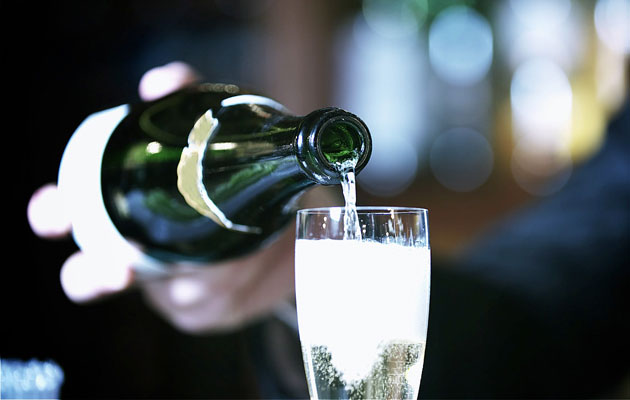
Sussex sparkling wine has been granted protected regional status by the Department for Environment, Food and Rural Affairs (DEFRA) following a lengthy campaign.
Once something of a joke, the stellar trajectory of the reputation of English sparkling wine has seen it widely accepted in some of the smartest establishments across both Britain and Europe. And Sussex vineyards, which produce around a quarter of all English wine, have been at the vanguard. Earlier this year, The Times's wine critic Jane McQuitty described East Sussex producer Tillington's 2010 vintage as "a magnificent bubbly" adding that it is, "every bit as good as a French prestige champagne."
This latest feather in its cap from DEFRA means that only producers based in Sussex, and who meet a set of agreed guidelines, will be able to sell their fizz with the Sussex label.
However, while winemakers in Sussex will be popping corks at the news, many in Kent, Surrey and Hampshire are less than impressed. Several had been pushing for a designation which covered the whole region. Now, it seems more likely that they will have to apply for their own similar protected status.
DEFRA's official decision, which has been in the pipeline for some time, means that the granting of EU-wide 'Protected Designation of Origin' status (as enjoyed by regions such as Champagne and La Rioja) is now a formality of paperwork. Melton Mowbray pork pies, Jersey Royal potatoes, Cornish pasties and Stilton, strict rules on geography and ingredients are imposed on those wishing to use the name.
Whether that status will still be respected after Brexit negotiations are completed is another matter, however. As of course is the question of how many (if any) non-Sussex wineries have been labelling their goods as Sussex-based in the first place.
'You romanticise a little bit... it's part of the packaging'
Those concerns aren't really the point, of course, since PDO status is as much a matter of marketing as anything else. But the power of such things shouldn't be underestimated, as Antony Foster, chair of the UK Vineyards Association, explained when speaking to thedrinksbusiness.com earlier this year:
Sign up for the Country Life Newsletter
Exquisite houses, the beauty of Nature, and how to get the most from your life, straight to your inbox.
"Wine is not just simply something that you quaff: you look at the label, you talk about it and you romanticise a little bit about it. This is part of the packaging. And if you can say as much as you can about a wine, somehow it gets better and better when come to drink it. And this is what the Sussex thing is going to do.”
The bubbly's image certainly seems to be on the mind of Mark Driver. He is the owner of East Sussex's Rathfinny estate, and has been one of the loudest voices fighting Sussex's cause. He told The Times that, "We believe this will help Sussex become synonymous with high quality sparkling wine.
"So when you go into a bar in London or Tokyo you will be asked: ‘Would you like a glass of champagne or a delicious glass of Sussex?'"
Toby Keel is Country Life's Digital Director, and has been running the website and social media channels since 2016. A former sports journalist, he writes about property, cars, lifestyle, travel, nature.
-
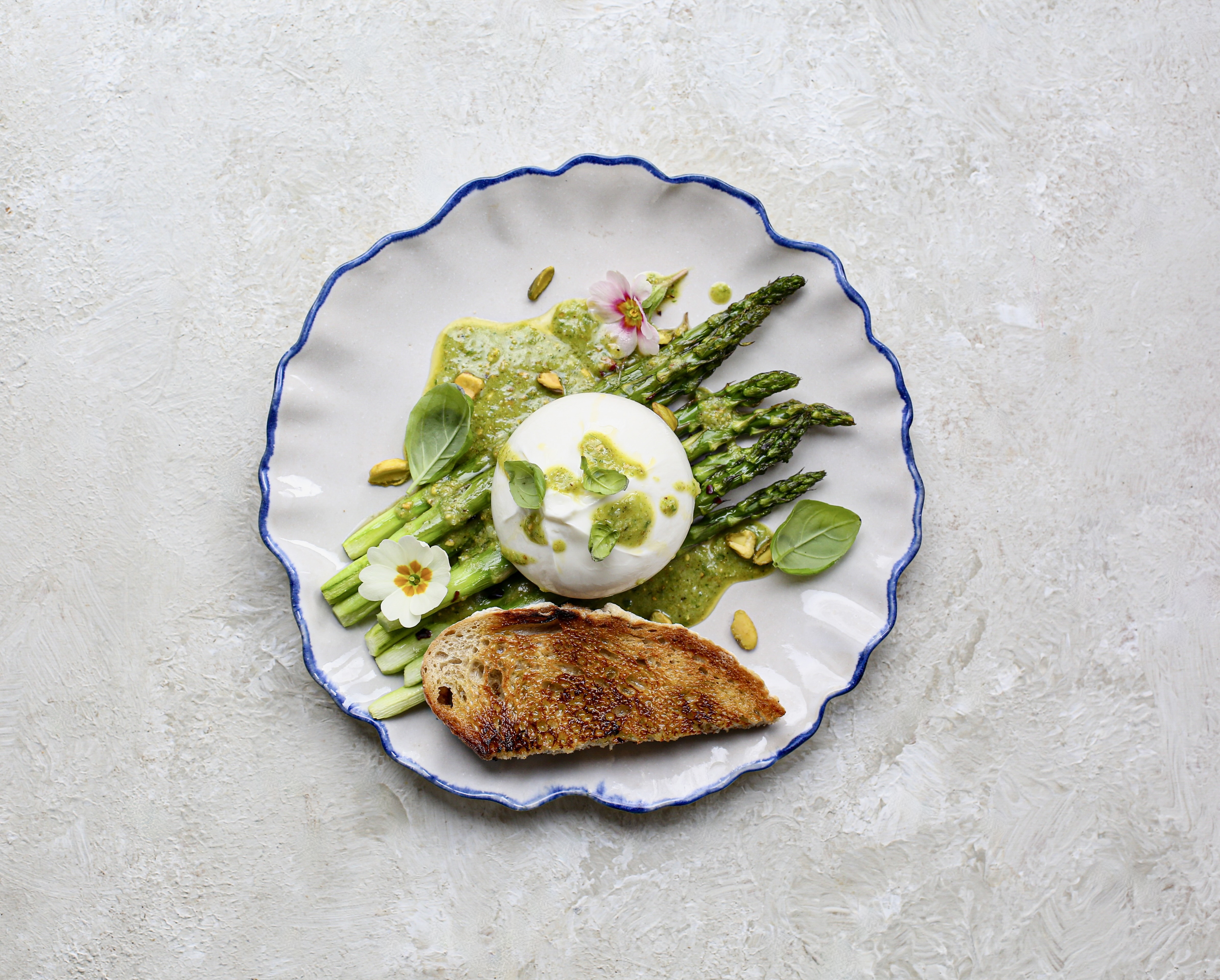 Two quick and easy seasonal asparagus recipes to try this Easter Weekend
Two quick and easy seasonal asparagus recipes to try this Easter WeekendAsparagus has royal roots — it was once a favourite of Madame de Pompadour.
By Melanie Johnson
-
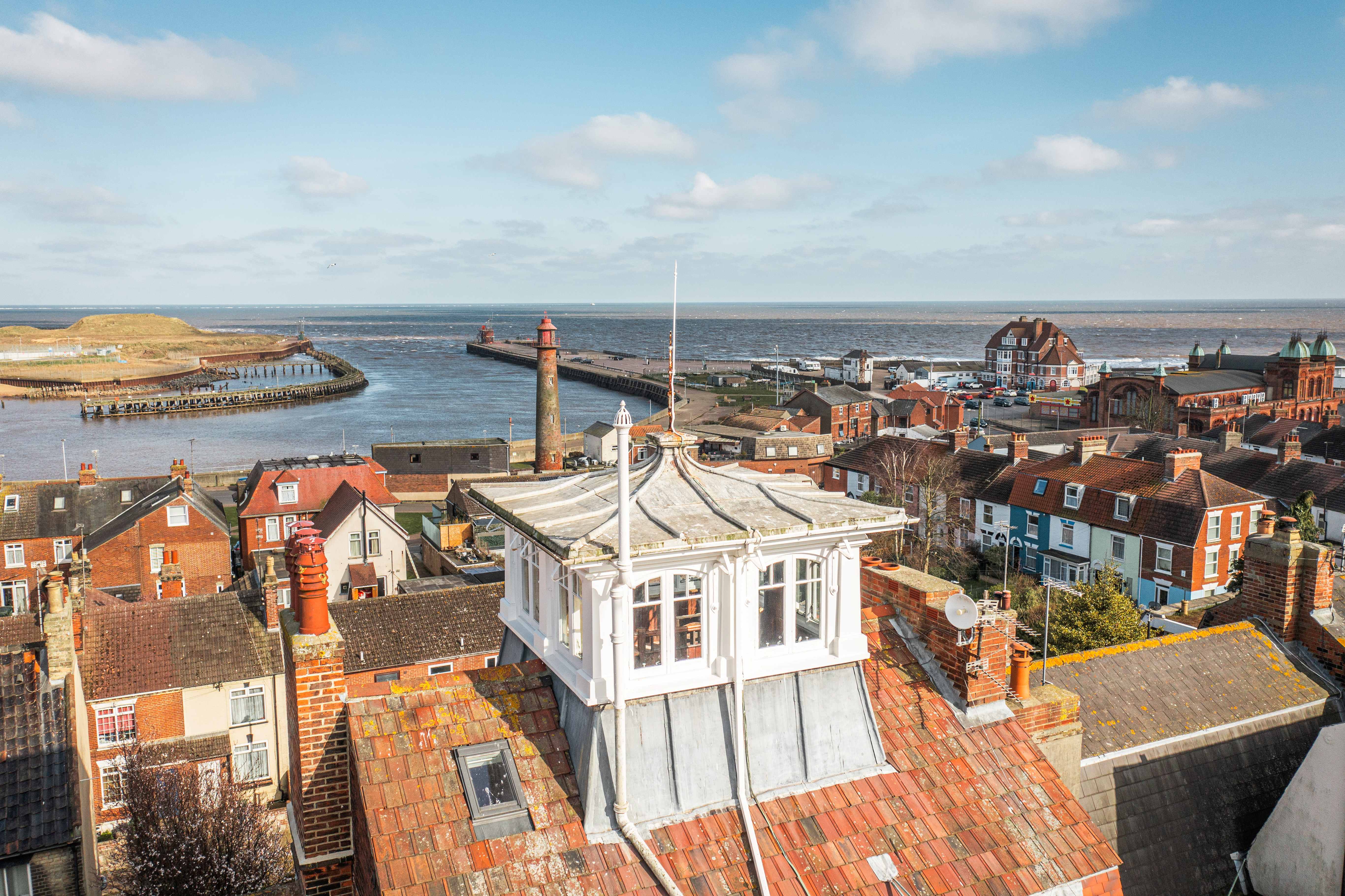 Sip tea and laugh at your neighbours in this seaside Norfolk home with a watchtower
Sip tea and laugh at your neighbours in this seaside Norfolk home with a watchtowerOn Cliff Hill in Gorleston, one home is taller than all the others. It could be yours.
By James Fisher
-
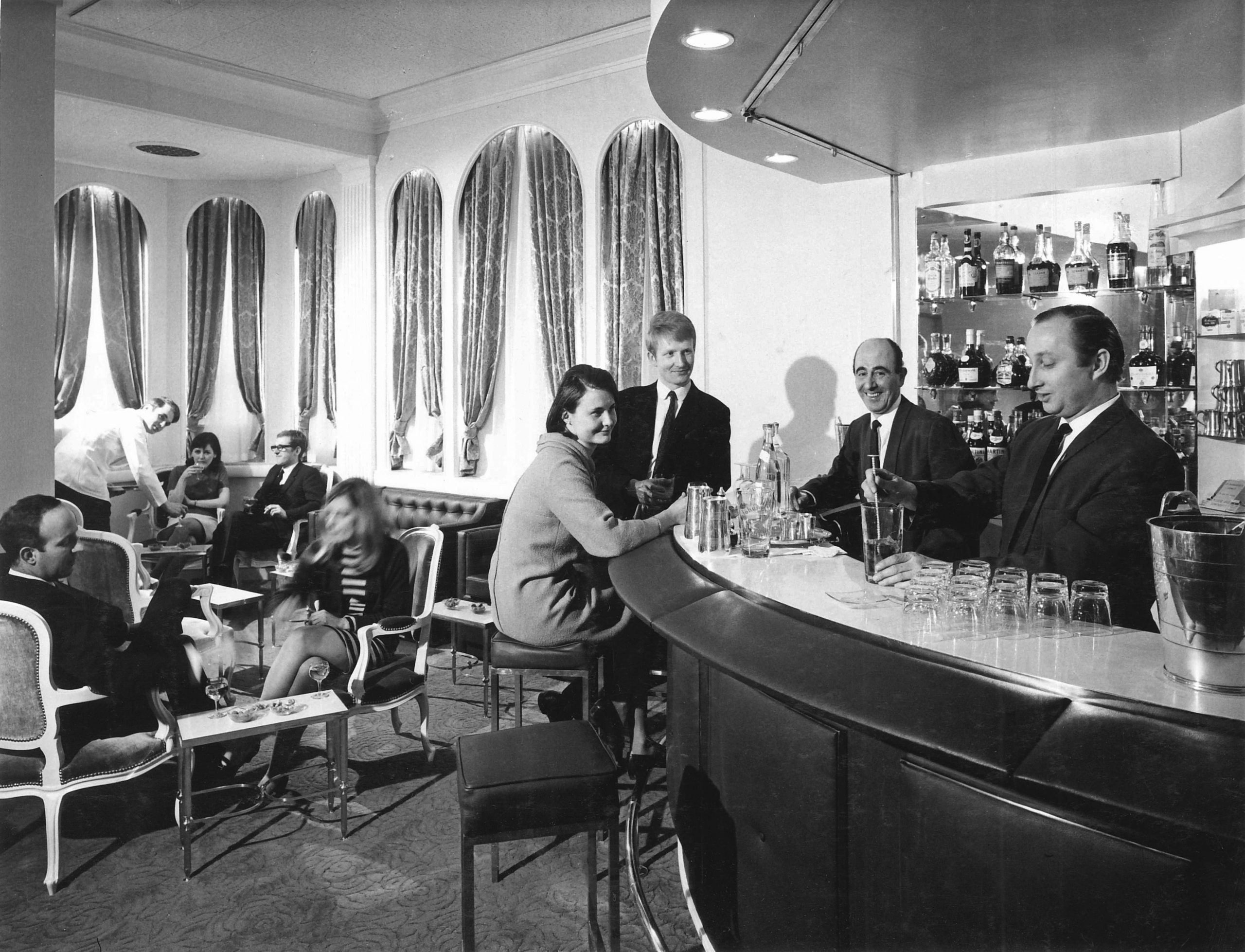 The iconic American bars in London perfect for lifting a Thanksgiving cocktail
The iconic American bars in London perfect for lifting a Thanksgiving cocktailGlamorous American bars were once a familiar sight in London, catering to US and British citizens alike, but only two of the historic ones remain. On the eve of Thanksgiving, Robert Crossan goes in search of both.
By Rob Crossan
-
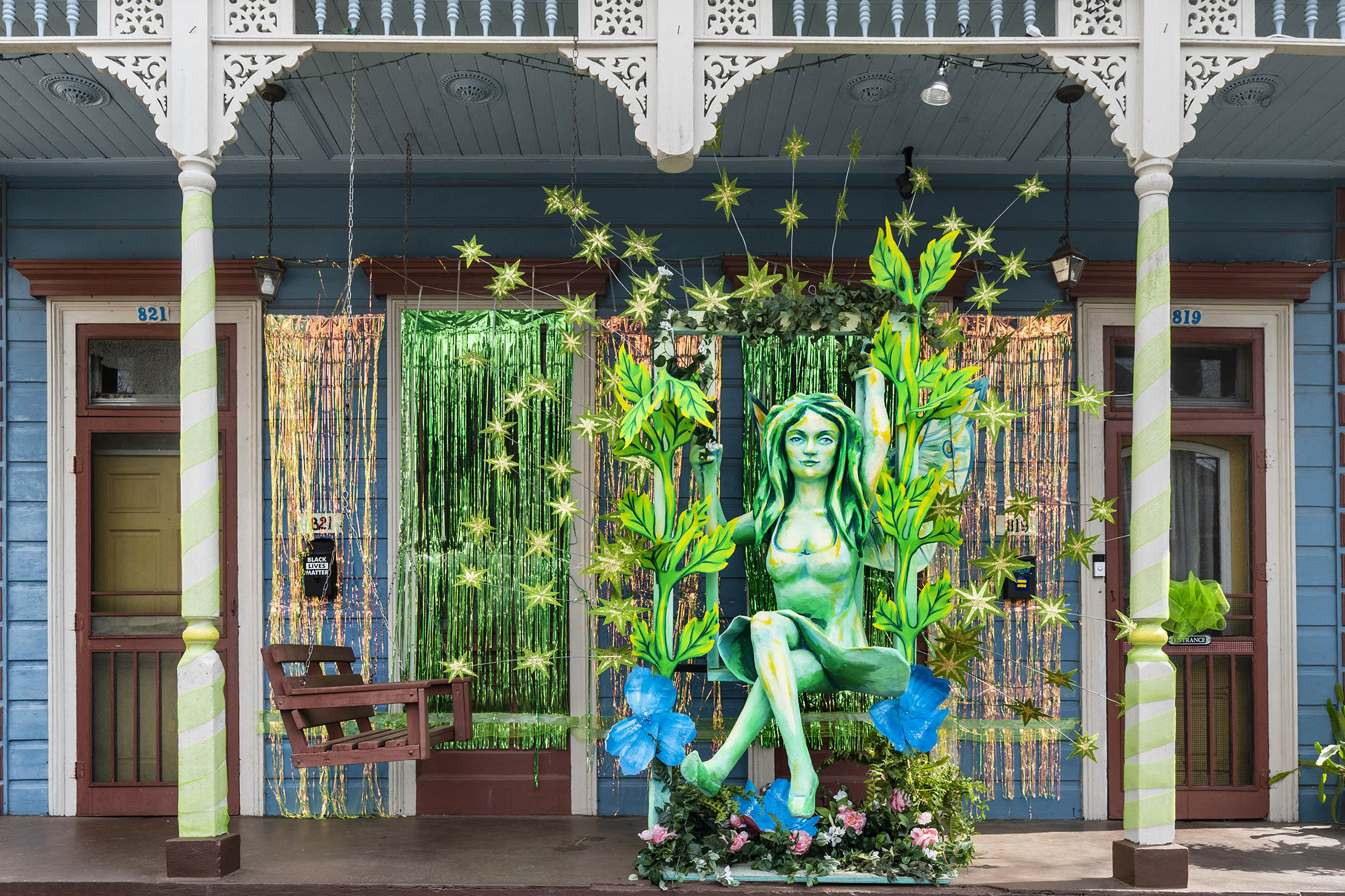 Curious Questions: Why was absinthe banned?
Curious Questions: Why was absinthe banned?Absinthe is almost unique among alcoholic spirits for having been outlawed in even some of the world's most liberal countries — but how did that happen? Martin Fone traces back the story to find the tales of debauchery, hallucination and even murder that once gave the drink its bad name — and looks at how it's returned to prominence.
By Martin Fone
-
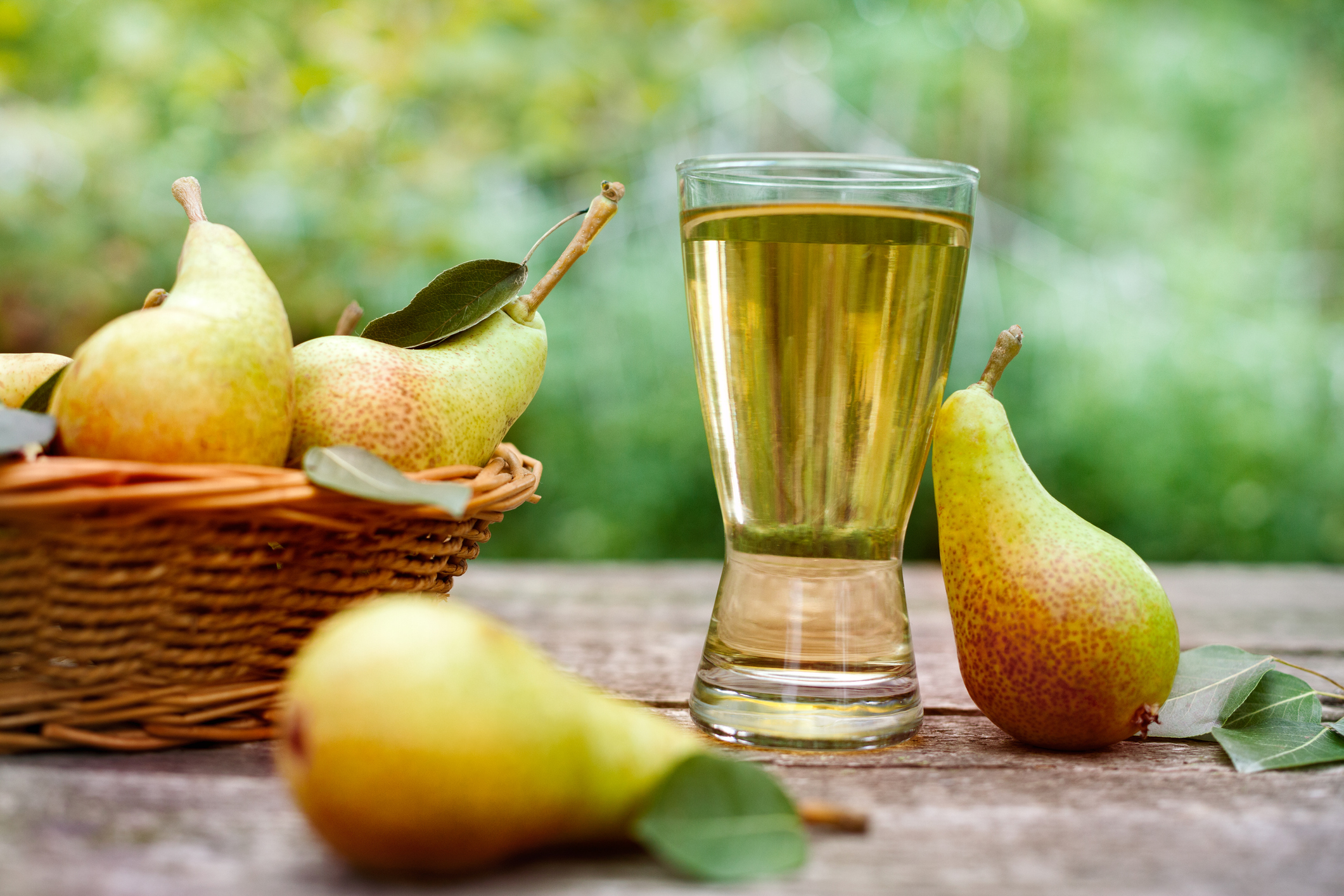 Perry: The pear cider dubbed 'the English champagne' that's been an English passion for centuries
Perry: The pear cider dubbed 'the English champagne' that's been an English passion for centuriesNot to be confused with cider, the art of perry-making is more than a craft — it’s an English passion. Ben Lerwill meets some of our best producers of fermented pear juice.
By Ben Lerwill
-
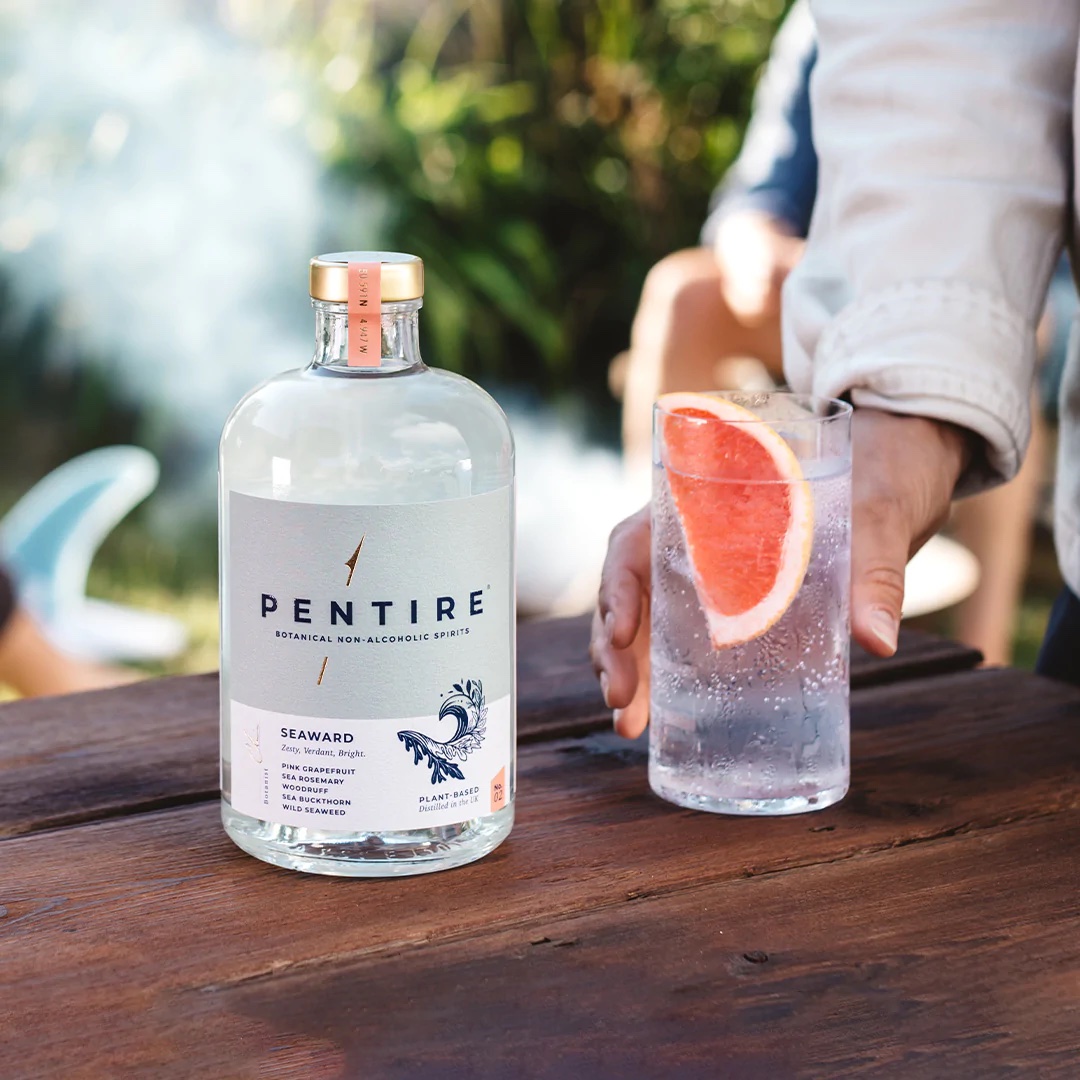 Seven of the best non-alcoholic spirits to help get you through Dry January
Seven of the best non-alcoholic spirits to help get you through Dry JanuaryWhether you’re doing it for health reasons or simply for a New Year’s challenge, giving up alcohol isn’t necessarily all that easy. To help you on your way, the Country Life office put a variety of non-alcoholic spirits to the test. Here’s what we found.
By Rosie Paterson
-
 Hangover cures from some of Britain's greatest writers
Hangover cures from some of Britain's greatest writersFrom Hemingway to Wodehouse, we reveal the hangover remedies of literary greats.
By Emma Hughes
-
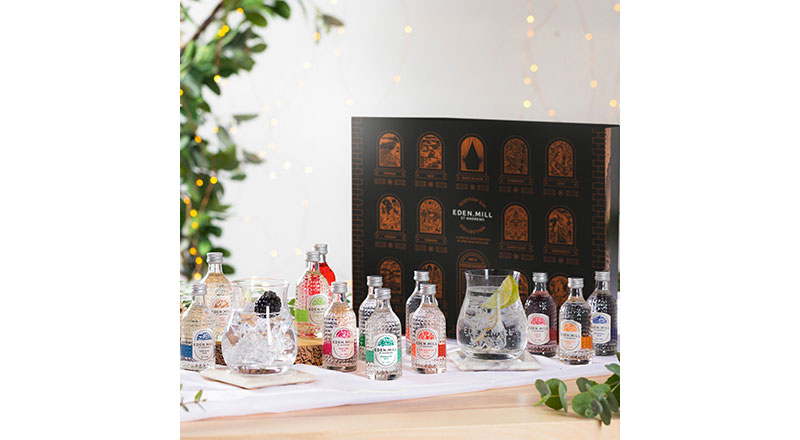 Christmas drinks gift guide: Best gin, best whisky, beer and more for the festive season
Christmas drinks gift guide: Best gin, best whisky, beer and more for the festive seasonWhether you're keen to pour your own draft beer, drink Cotswolds whisky or enjoy a raft of different gins, we've got you covered.
By Toby Keel
-
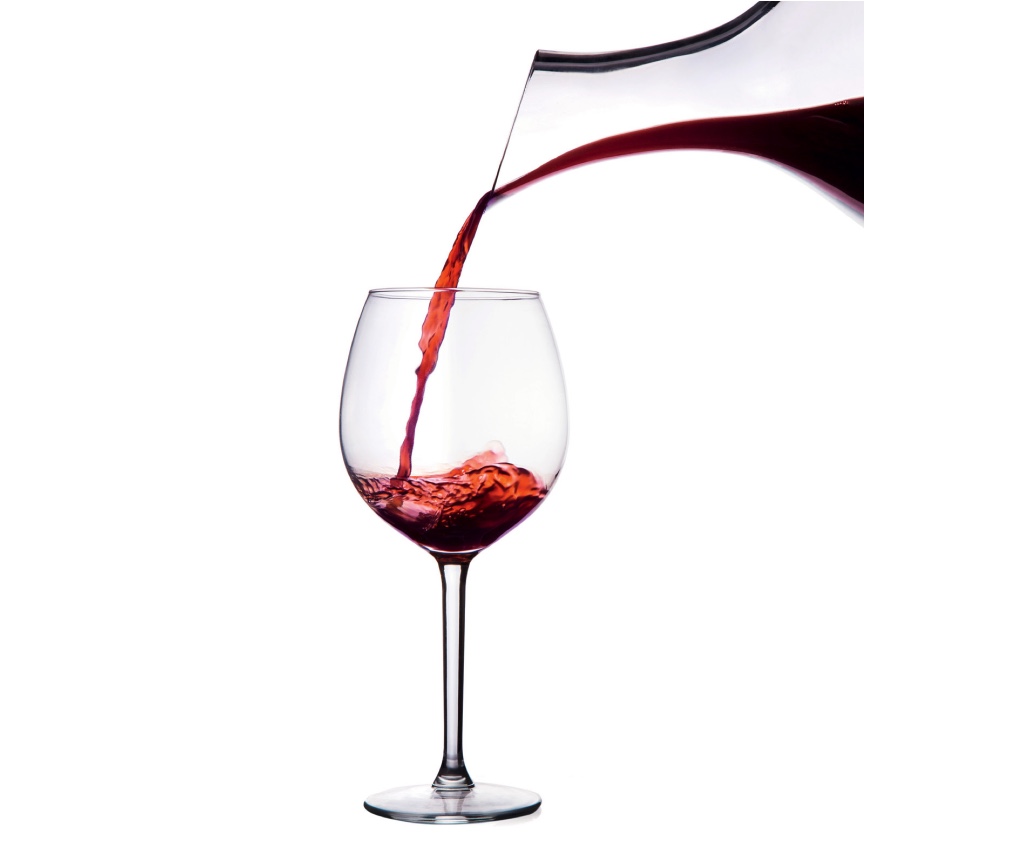 How to decant wine — and why
How to decant wine — and whyIs your decanter gathering dust at the back of a cupboard? If so, says Harry Eyres, it’s high time you started using it to breathe more life into your wine.
By Harry Eyres
-
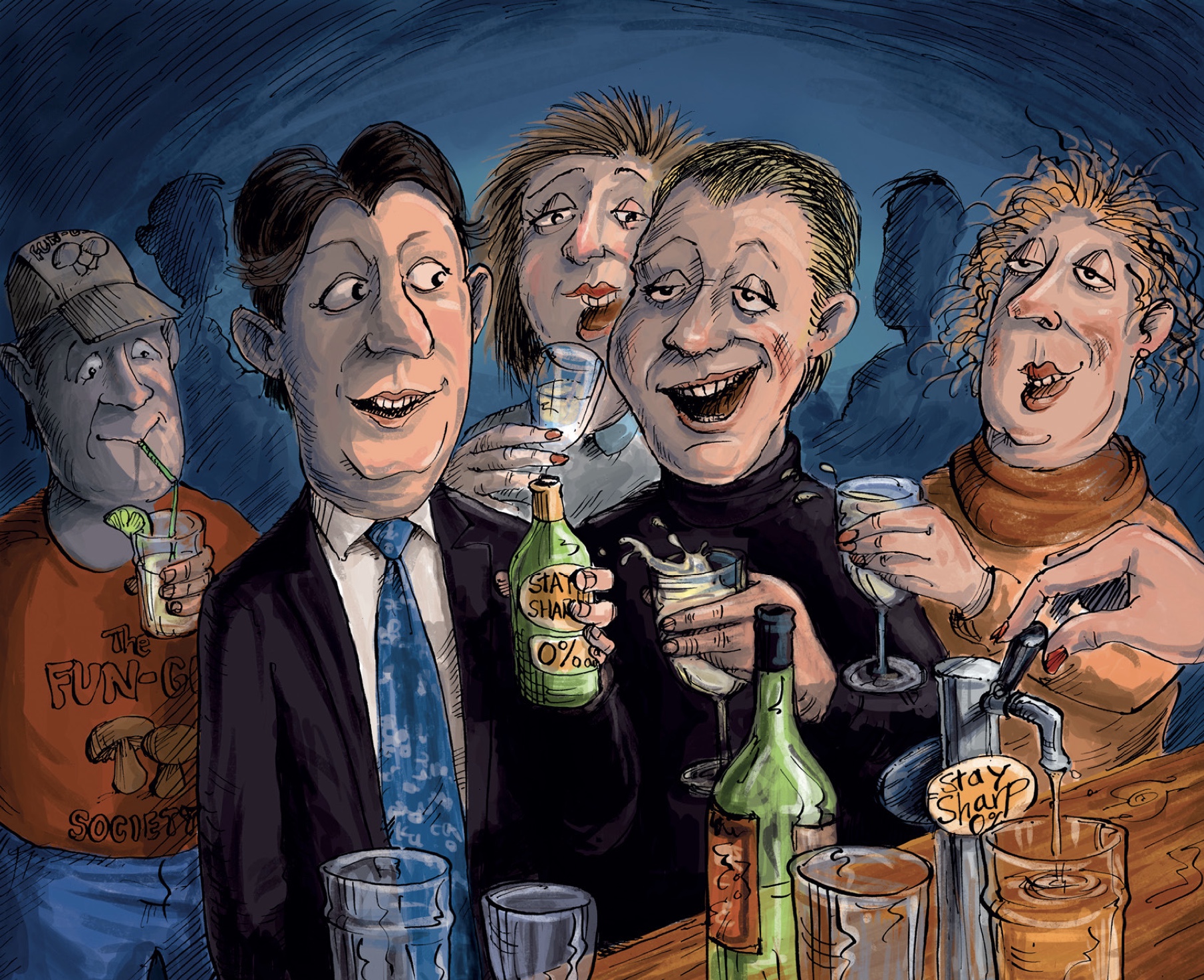 Curious Questions: What is it REALLY like giving up alcohol for a lifelong lover of fine wine?
Curious Questions: What is it REALLY like giving up alcohol for a lifelong lover of fine wine?Sobriety is easier and more interesting than it used to be, finds Giles Kime, who has spent the past year exploring the unanticipated delights of alcohol-free beer.
By Giles Kime
